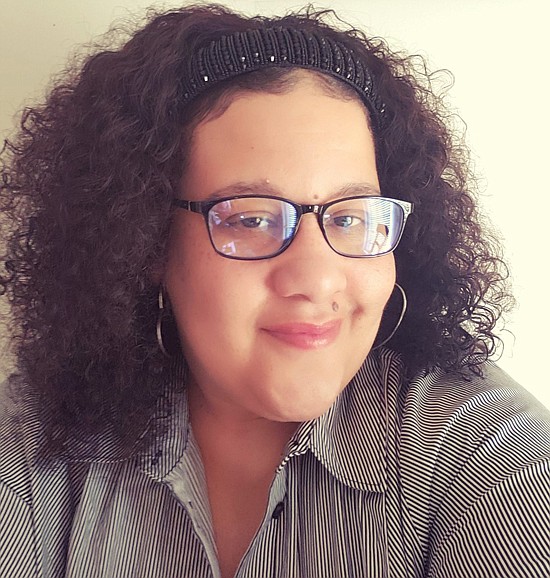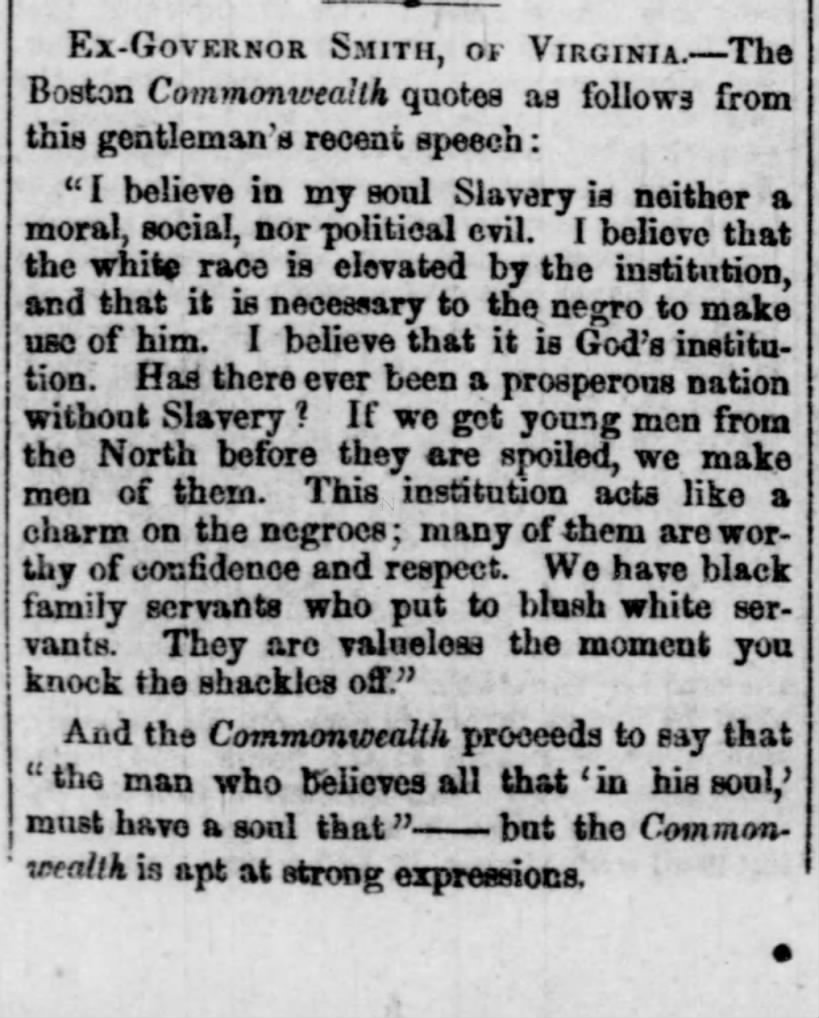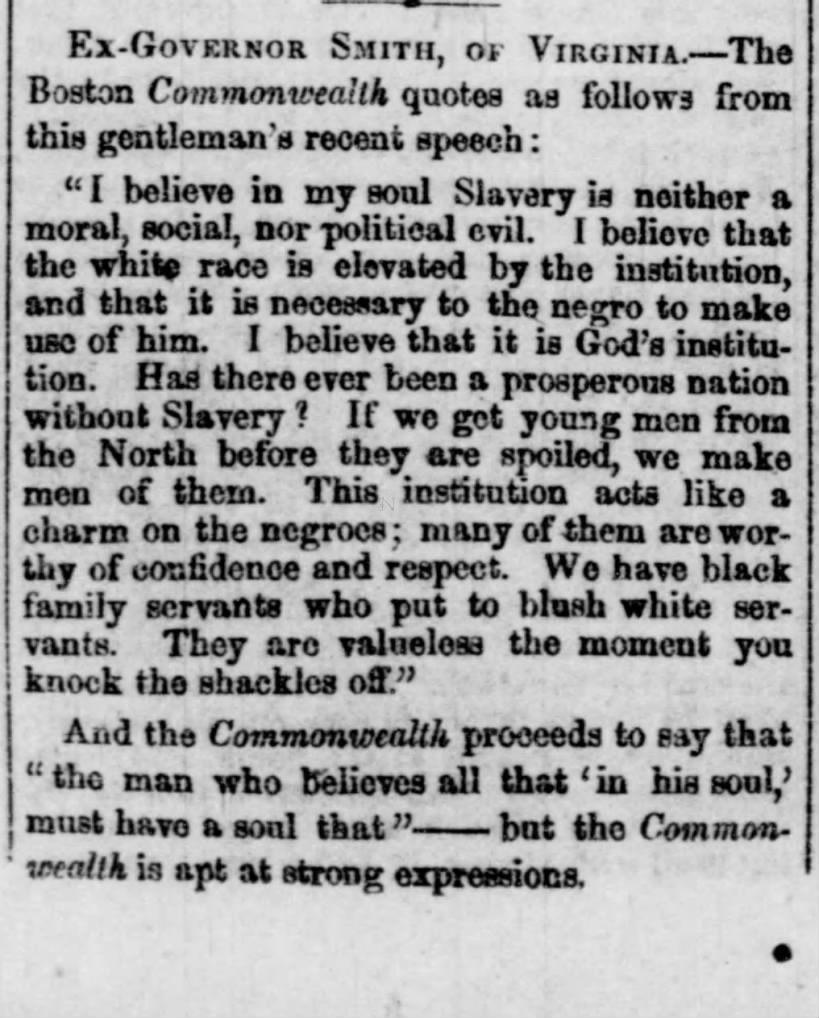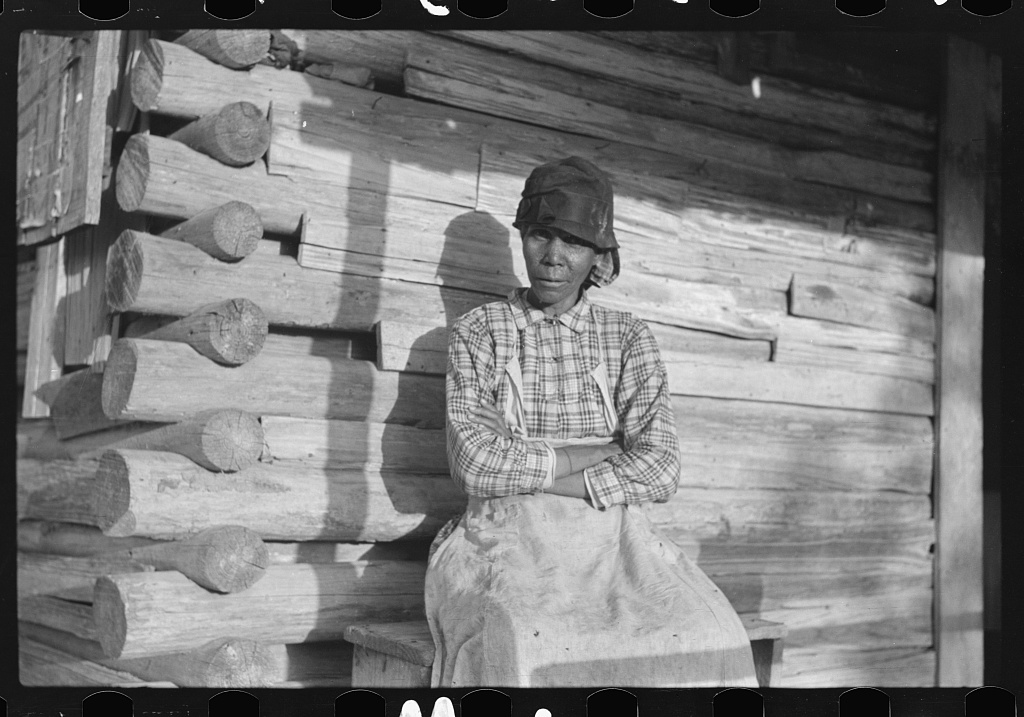March 11, 2024
Genealogy Group Think: It works
Initiating a genealogy group is an awesome endeavor. On Sunday, March 10, 2024, it happened at my home church, Hillside International Truth Center.
I expected about 25 persons; we more than doubled that number. We had a common interest: To explore and gain ground in learning our collective and individual family histories. The majority of Atlanta’s Hillside International Truth Center’s congregants are African American. That’s why the forming of our monthly in-person gatherings to share and learn more about how to effectively locate our ancestral loved ones, is vitally important since African Diaspora family history researchers experience the greatest hurdles in obtaining our honest histories.
Here’s what we accomplished in our first meeting:
- We gathered for the divine purpose of briefly sharing our stories, new information, exchanging research tips for newbies to seasoned researchers.
- We learned more about the genealogy journey from one of our members, Valerie Tolliver, whose story was told in an informative video segment, as part of a recently released documentary, “Roots Revealed.”
- We were blessed and encouraged by our Presiding Bishop and Pastor Dr. Jack L. Bomar, who also experienced breakthroughs in his family history.

Bishop Jack (white suit) greets fellow family ancestry and genealogy researchers ______________________________________________________________________________________
- We established that our hourlong+ meetings will be held every second Sunday (except for Mother’s Day and Father’s Day) from noon – 1 p.m. Our meeting location is the King Chapel, named in honored of the church’s founding minister, leader, and historic ancestor, Dr. Barbara Lewis King.
- We will set our future agenda, share online resources, encourage knowledge sharing, provide deep support for our newest researchers, collaborate with each other on our established projects, and celebrate successes, especially when “brick walls” are broken through.
- We will learn more about joining relevant genealogical societies and related groups, visit historical sites, and invite our local library genealogy leaders to assist us.
In all, we will share more insight on how to access online learning, and also provide a supportive and exhuberant genealogy group that will aid us in sharing our family histories.
Stay tuned: The best is yet to come.
Thank you.
























